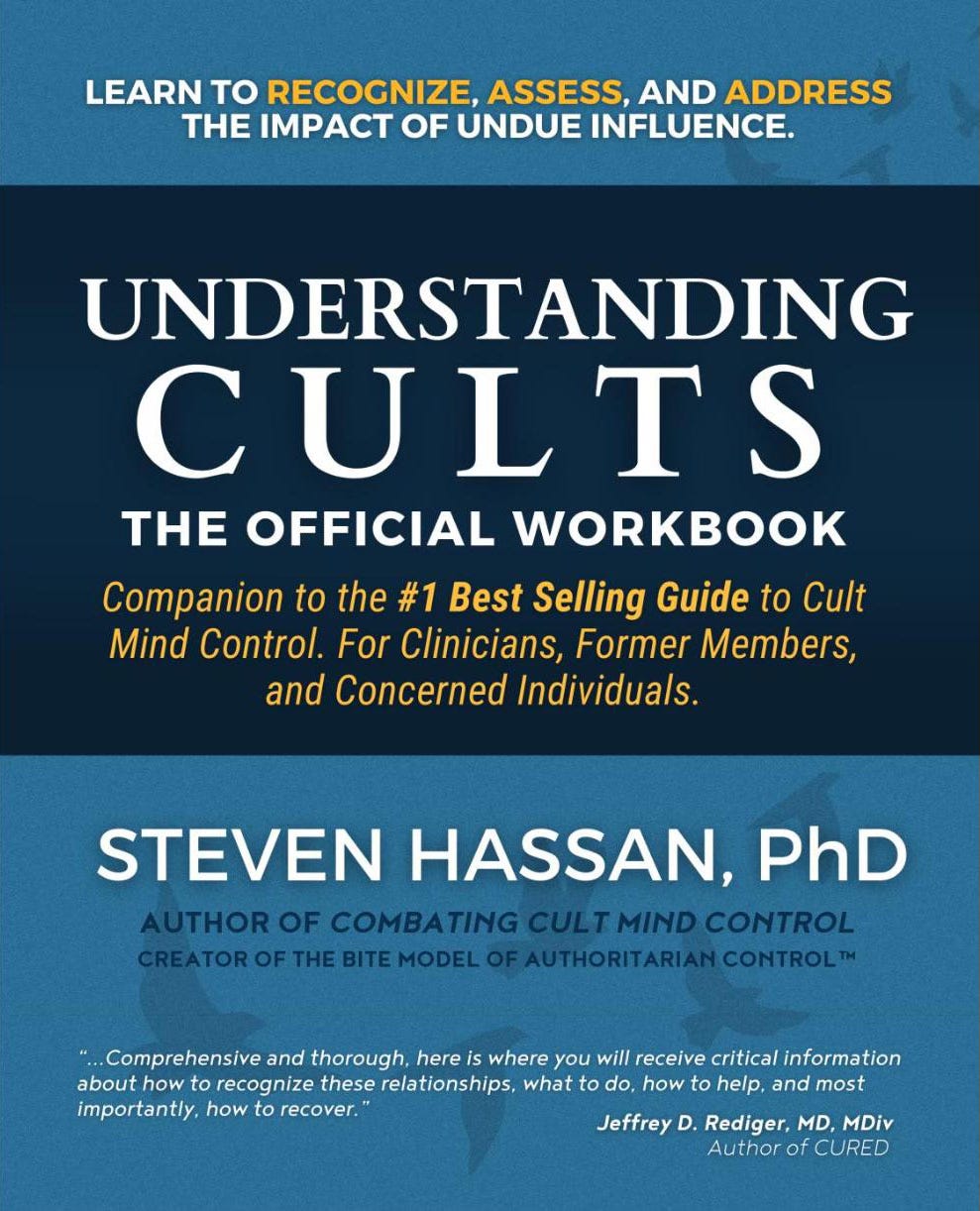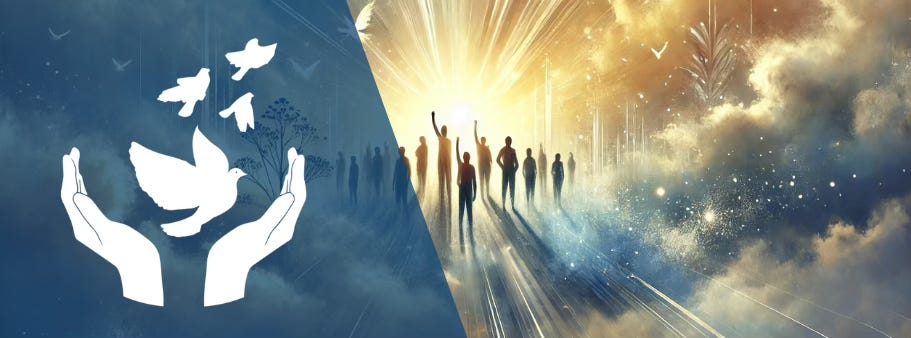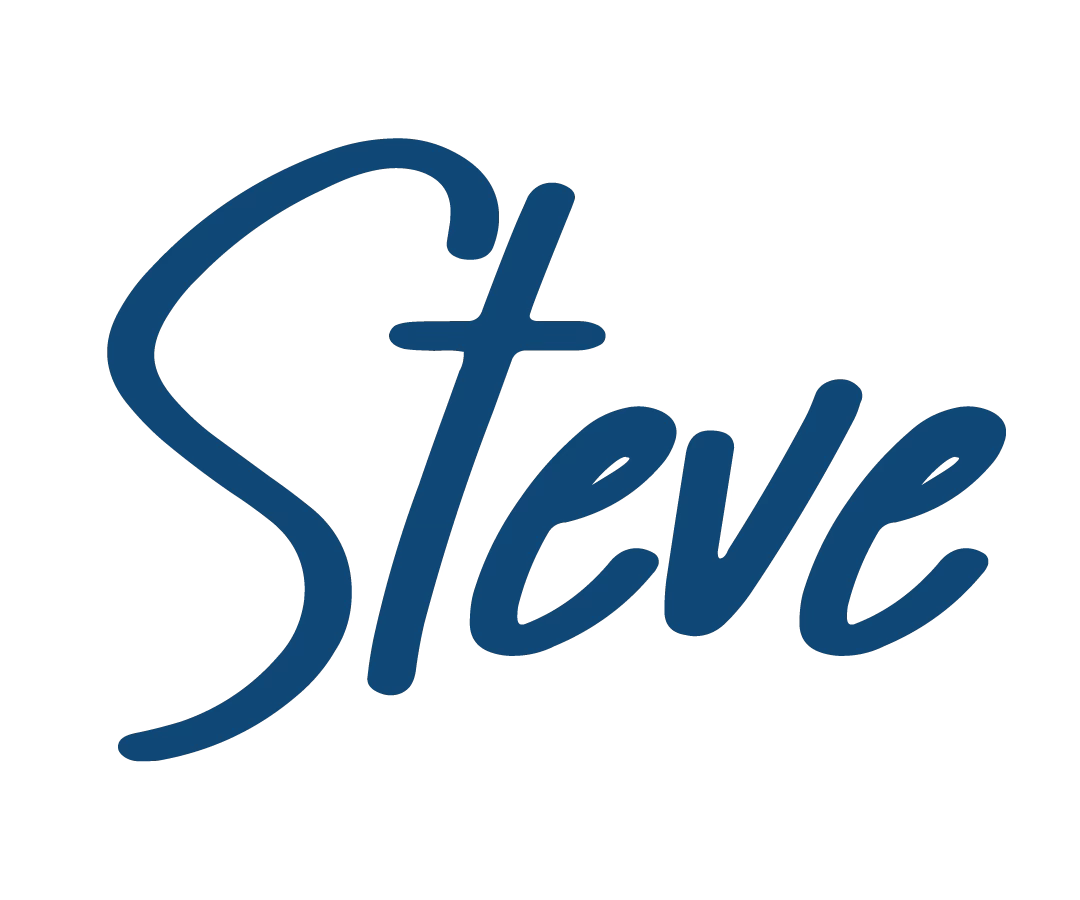Newsletter: Surviving, Thriving, and Living Your Best Life
There IS life after a destructive cult!
I have a special surprise that my Freedom of Mind team and I have been working on “behind the scenes” for a while now - and we can finally let the cat out of the bag! I am delighted to announce that my workbook, Understanding Cults: The Official Workbook, is now available! This is the companion book to my online Foundational Course. There is a CME version for psychologists and a CE version for Psychologists, Social Workers, and counselors. There is also a version for everyone interested in learning more. This includes former members as well as people who have families, friends, or loved ones involved in high-control, authoritarian groups or even abusive relationships.
Tomorrow, Wednesday, I am doing a free follow-up one-hour Zoom for all clinicians who have completed the course and would like to ask me questions and we can discuss a case or two as well as coping with the stresses of current day events. If you didn't get an email inviting you to sign up, it is scheduled for 12 noon Eastern time, and you should email the office at center@freedomofmind.com for the link. It will be recorded but not posted publicly.
This week’s episode of Cult Conversations: The Influence Continuum, “Betrayal of The Spirit: Krishna, Cults and Healing,” features an interview with Nori Muster, a journalist, researcher, and artist based in Arizona who is also a survivor of International Society for Krishna Consciousness (ISKCON), often called the Hare Krishna movement. We spoke about her time in that group, how she left, her recovery, her books, and her appearance in the documentary Monkey on a Stick, which exposes the abuses of the Hare Krishna leadership. It’s a fascinating conversation and you’ll definitely want to tune in! You can listen to the podcast on Apple Podcasts, Spotify, or wherever you get your podcasts.
Next week’s episode, “Terror, Love and Brainwashing: Attachment in Cults and Totalitarian Systems,” will feature an interview with Alexandra Stein, PhD, a former member of a political cult, writer, and educator who specializes in the social psychology of ideological extremism and other dangerous social relationships.
This week’s livestream will be Wednesday, April 9, at 2-3 p.m. EDT. I welcome everyone to tune in with questions and comments! Last week’s livestream was a great success; you can see the recording here if you missed it.
The New York Times podcast The Daily had a show on Shen Yun, the Chinese dance show that is publicized everywhere. The Times had previously published two long investigative pieces on the Falun Gong group without calling it a “cult,” focusing on the extreme hardship and labor trafficking done to true-believing members who dance in the Shen Yun troupe. I would love to invite anyone who has been involved in Falun Gong to fill out the free anonymous BITE Model survey. Falun Gong publishes the Epoch Times, which has been described as a right-wing propaganda organ, not unlike the Moonies media, The Washington Times.
For any group you might be or have been involved in, (including healthy groups) please do take a moment to fill out my BITE Model of Authoritarian Control™ survey. We’re continuing to gather insights into both harmful, high-control environments and healthy, ethical communities. Your perspective—whether you’ve been harmed, helped, or both—matters deeply. Submissions from all backgrounds help us build a more comprehensive, evidence-based understanding of group influence. And if you’ve been part of more than one group, we welcome multiple entries. Thank you for being part of this important work.
Nori was a member of ISKCON from 1978 to 1988. As a member of the PR office, Nori lived in a bubble with some of the cult’s abuses hidden from her so she could maintain her positive opinion of the cult as part of her work.
Read the blog post or listen to the podcast below:
How can you tell if that group your family member has joined is safe? Is your relationship hitting a “rough patch,” or is there actual cause for concern? With this anonymous, easy-to-use diagnostic tool, you can answer simple questions and determine if any group or relationship is beneficial or destructive, ethical or unethical, healthy or unhealthy. And now, you can share your results on your social media if you wish!
As always, please let us know what you think about these pieces or what you’d like to see us discuss in the future. Thanks so much!












Reading this brought tears to my eyes—not only for the painful truths it unveils but because I’ve lived through parts of this story myself. I know what it feels like to be slowly pulled into a worldview that promises purpose, belonging, and “answers” in a fragmented, confusing world. And I also know the disorientation, shame, and grief of waking up from it.
In my opinion, the roots of cults run far deeper than doctrine or dogma. They grow in the cracks of alienation, inequality, and emotional disconnection that mark so much of modern life. When we no longer feel safe, heard, or valued—when we live in individualistic societies where we’re told to compete rather than care—cults step in and offer counterfeit wholeness. A ready-made identity. A family. A cause. But always with a price.
The real tragedy is that these groups don’t need chains or prisons. All they need is a society broken enough to leave people longing for certainty, validation, or meaning—and then they do the rest: manipulate, isolate, condition, control.
As I explore in my essay “The Silent Divide: The Many Faces of Being,” one of the most dangerous illusions we face is the myth of separateness. When people feel like fragments—cut off from others, from belonging, from their own truth—they are far more vulnerable to influence. Cults don’t prey on stupidity. They prey on longing. On hope.
And in “The World According to Humans,” I try to show how much of our suffering—wars, addiction, disinformation, even cult thinking—is a collective cry for reconnection in a world we’ve made too complex, too competitive, too cold. It’s not just a few “bad actors” manipulating others. It’s a system of power and fear that isolates us until we can no longer see clearly.
That’s why your work, Dr. Hassan, is so crucial. You’re not just decoding how these groups operate—you’re reminding us of what it means to be human again. To think freely, feel deeply, and reclaim our voice.
As Viktor Frankl once said:
"When we are no longer able to change a situation, we are challenged to change ourselves."
Thank you for helping us remember that healing is possible—and that freedom of mind begins with remembering who we truly are beneath the noise.
Warmly,
Daniel Walker Corasmin